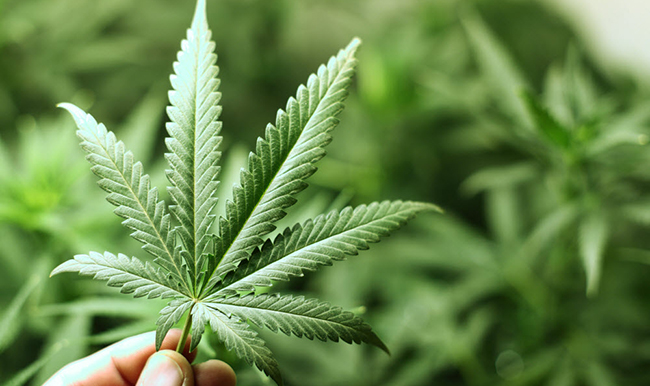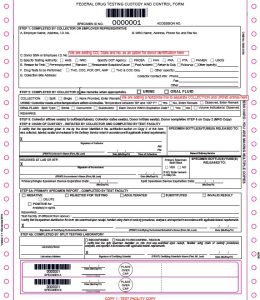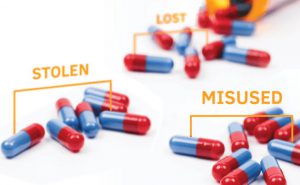 According to the Quest Diagnostics Drug Testing Index™ (DTI), marijuana continues to be the most commonly detected illicit drug in urine tests. Data from the National Survey on Drug Use and Health reveals that the number of people in the U.S. who use marijuana on a daily basis – 20 or more days out of the previous 30 – increased from 5.1 million in 2007 to 8.1 million in 2013. With changes in marijuana legislation and a rise in marijuana use, it is important for researchers to study and understand the effects that this drug has on the day-to-day behavior of its users.
According to the Quest Diagnostics Drug Testing Index™ (DTI), marijuana continues to be the most commonly detected illicit drug in urine tests. Data from the National Survey on Drug Use and Health reveals that the number of people in the U.S. who use marijuana on a daily basis – 20 or more days out of the previous 30 – increased from 5.1 million in 2007 to 8.1 million in 2013. With changes in marijuana legislation and a rise in marijuana use, it is important for researchers to study and understand the effects that this drug has on the day-to-day behavior of its users.
In a recent two-week study conducted by the Yale School of Medicine, 43 recreational marijuana users – those who use marijuana at least 4.5 days out of the previous 30 – answered daily survey questions using smartphone-administered assessments. Data from these assessments was used to analyze the participants’ changes in impulsivity and hostility in relation to marijuana use.
The study revealed that its participants displayed an increase in impulsivity on the days in which marijuana was used and the day after its use. The data also revealed a correlation between marijuana use and increased hostile behaviors and perceptions of hostility in others. Read the full article to see additional details.
Workplace drug testing programs help protect employers from the unwanted impacts of drug abuse – including the increased potential for impulsivity and hostility. For more information about drug testing, visit our website.
 Your Privacy Choices
|
Privacy Notices
|
Terms
|
Language Assistance / Non-Discrimination Notice | Asistencia de Idiomas / Aviso de no Discriminación | 語言協助 / 不䈚視通知
Your Privacy Choices
|
Privacy Notices
|
Terms
|
Language Assistance / Non-Discrimination Notice | Asistencia de Idiomas / Aviso de no Discriminación | 語言協助 / 不䈚視通知



















In a recent two-week study conducted by the Yale School of Medicine, 43 recreational marijuana users – those who use marijuana at least 4.5 days out of the previous 30 – answered daily survey questions using smartphone-administered assessments. Data from these assessments was used to analyze the participants’ changes in impulsivity and hostility in relation to marijuana use.
The study revealed that its participants displayed an increase in impulsivity on the days in which marijuana was used and the day after its use. The data also revealed a correlation between marijuana use and increased hostile behaviors and perceptions of hostility in others. Read the full article to see additional details.
Workplace drug testing programs help protect employers from the unwanted impacts of drug abuse – including the increased potential for impulsivity and hostility. For more information about drug testing, visit our website.